CERTIFIED FOR A CLEANER FUTURE
CERTIFIED Organic barossa valley Vineyard & winery
Hayes Family Wines’ Estate Vineyard in Stone Well has been farmed organically for many years. The Estate and Primrose Vineyards are Certified Organic. A number of our other primary vineyards are farmed in accordance with organic and biodynamic principles. Some are in conversion.
Our winery is Certified Organic. Certified Organic grapes are grown and Wines are made in accordance with specific criteria regarding what can and cannot be used in the vineyard and winery. These include, for example, not using synthetic herbicides and pesticides, as well as limits on additives such as sulphur and copper.
READ More ➝
Organic certification requires strict processes around tracking and reporting what we do and use in the vineyard and winery. We have annual onsite audits (planned and unplanned). It is your guarantee of what is in the bottle.
Producing certified organic grapes and wine is an expensive business. In our experience yields are lower and the manual inputs required are much higher. However, we believe this approach is better for our vineyards, our winery and the wider environment; ensuring healthier habitats for flora and fauna, and a safer workplace for our people.
Advocates say organic produce is safer, possibly more nutritious and often tastes better. We think there’s some truth to these claims and we are absolutely convinced that farming and making wines organically is better for the well-being of our consumers.
“I believe Hayes Family Wines should be farming organically for as long as our grape quality is as good as or better than ‘conventionally’ farmed grapes.”
Sustainable WINEGROWING AUSTRALIA
Hayes Family Wines’ Estate Vineyards and Winery are certified members of Sustainable Winegrowing Australia. Sustainable Winegrowing Australia is Australia’s national program for grapegrowers and winemakers to demonstrate and continuously improve their sustainability in the vineyard and winery through the environmental, social and economic aspects of their businesses.
READ More ➝
We at Hayes Family Wines see this as a critical aspect of what we do both in our vineyards, in environment in which we live and work and importantly in the communities in which we work and play. Here’s some examples of other sustainable practices we employ:
Use of natural grasses and composts to improve vineyard soils.
Program in place to grow native trees that promote beneficial insect species (including mapping and measurement).
Preservation of natural bushlands and use of raptor perches in vineyards to support native hawks and eagles (controlling bird species that are harmful to vineyard crops).
Rainwater collection tanks used to supply water to winery and cellar door.
Net Positive Solar Energy producer, we typically produce more power then we need to meet the winery and cellar door needs.
VEGAN FRIENDLY BArossa valley Wines
Hayes Family Wines’ wines are vegan friendly. We do not use animal-derived substances in the winemaking process for our red wines. Drink with confidence!
READ More ➝
Wine is made from grapes and as such intuitively would be assumed to be vegan, but this may not be the case. Wines may have been made using animal-derived products. During the winemaking process, the winemaker can choose to filter the wine through various substances called “fining agents.” This process is used to remove protein, yeast, cloudiness, “off” flavors and colorings, and other organic particles. There are non animal-derived fining agents but popular animal-derived fining agents used in the production of wine include milk protein, chitin (fiber from crustacean shells), egg albumen (derived from egg whites), fish oil gelatin from fish bladder membrane.
At Hayes Family Wines, we make a choice not to filter or fine our red wines. This can mean that our wines occasionally exhibit some slight cloudiness or sediment, but we see these as a natural part of the wine making process. So if you are vegan, drink with confidence, if you are not, do not worry, the wines will taste just as good if not better!
“We did not set out to be Vegan Friendly. We do however endeavour to do what we need to do to make the best possible wines. We want the wines to reflect where they were grown. We consider fining and filtering of red wines as an unnecessary step for us.”
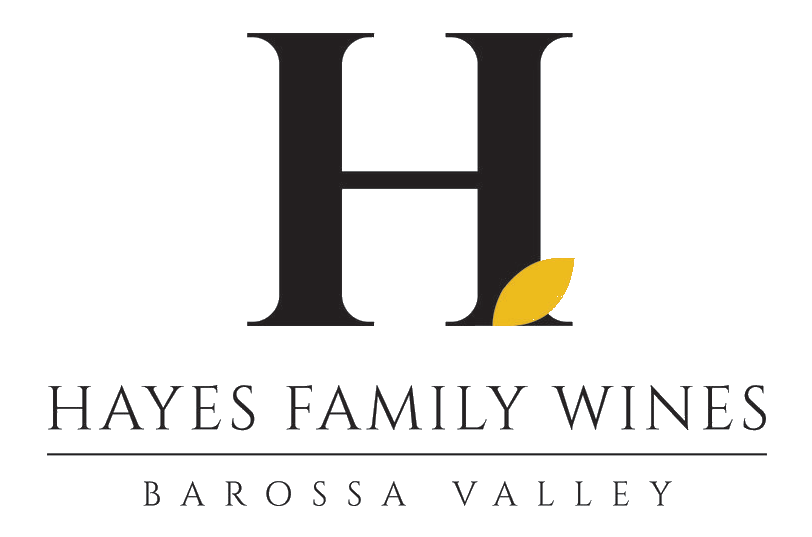
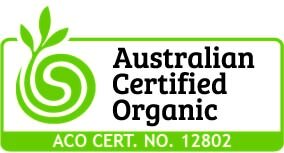
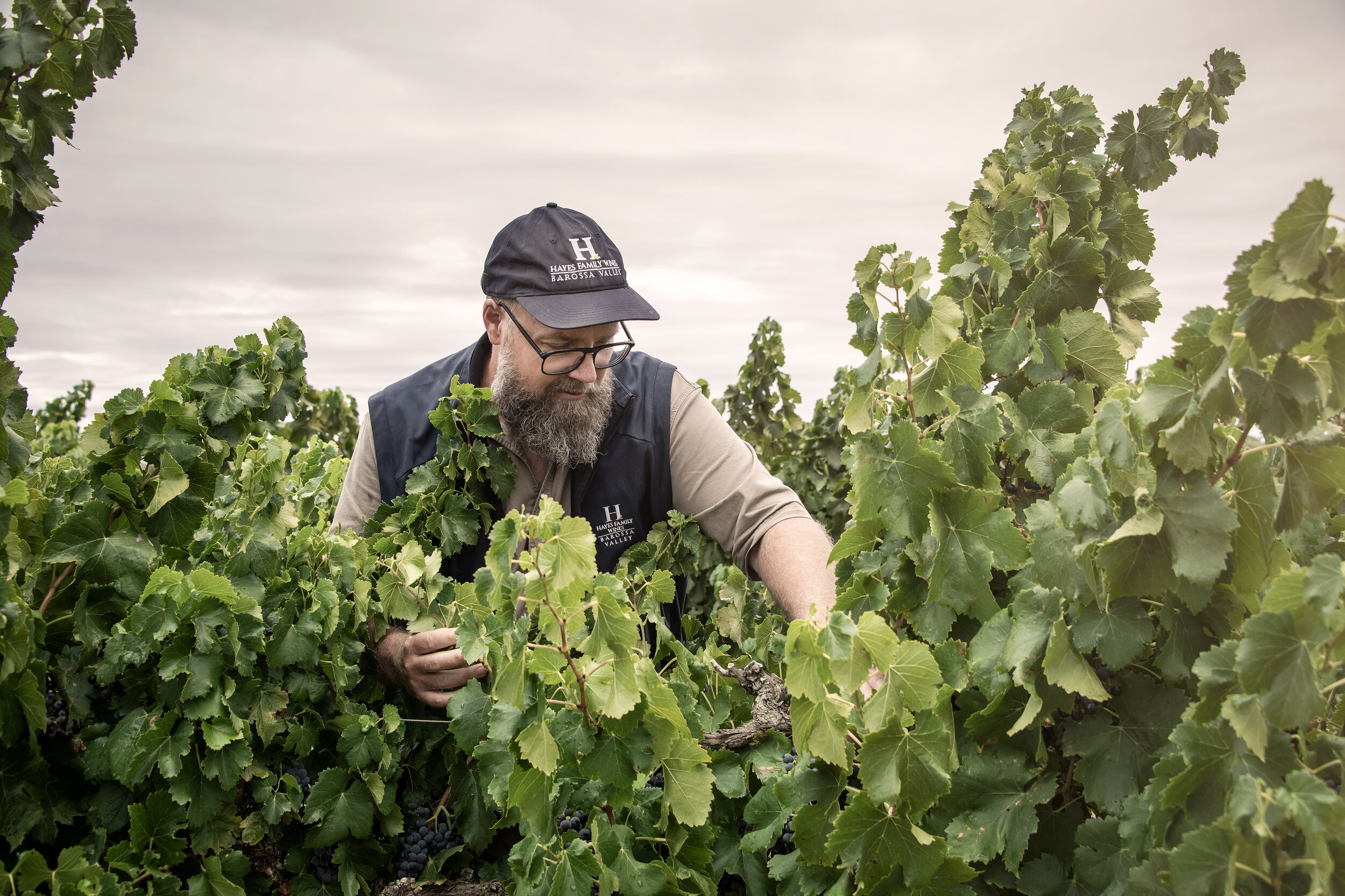

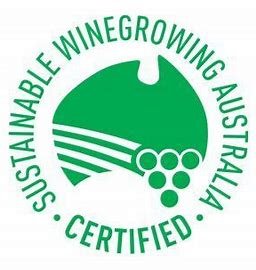


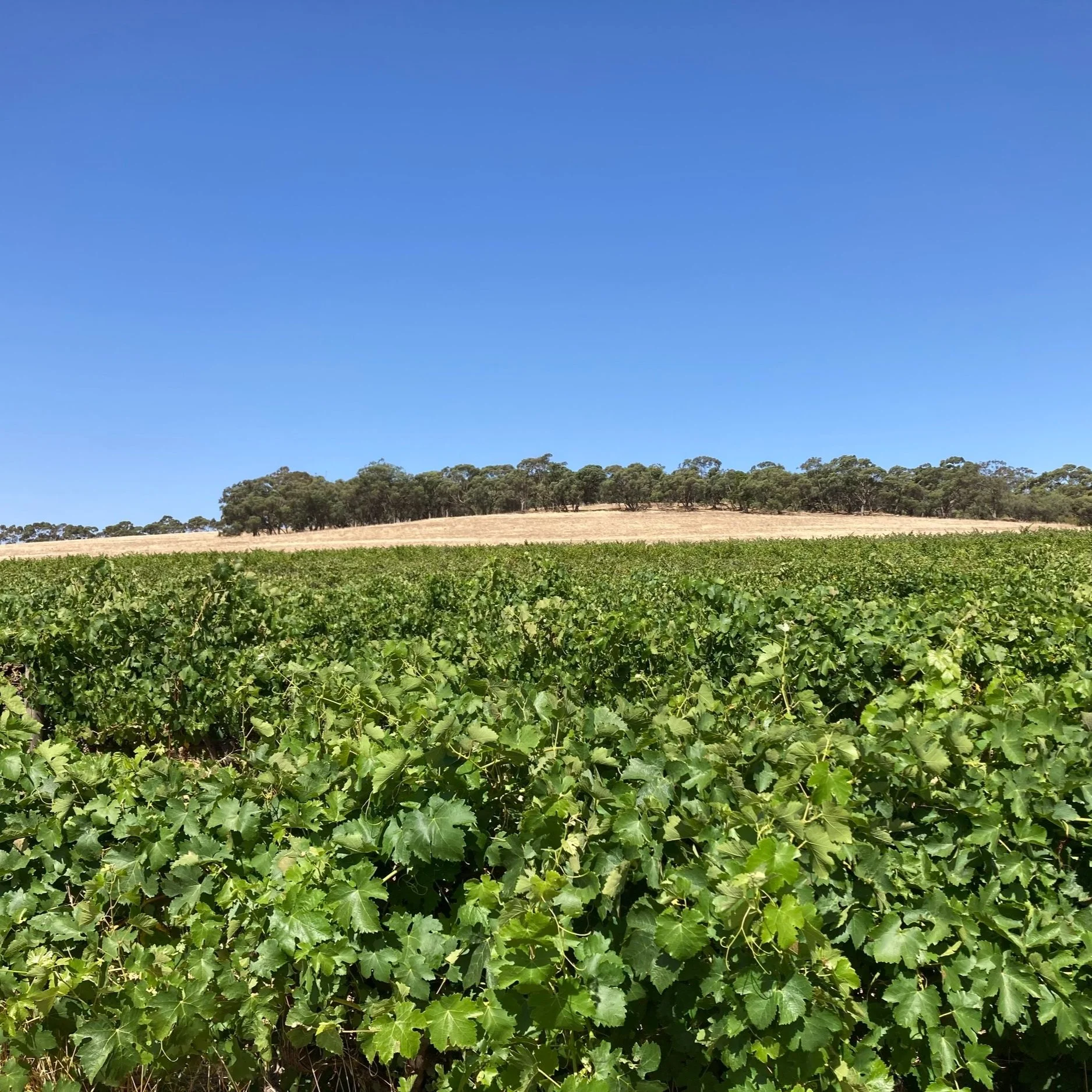






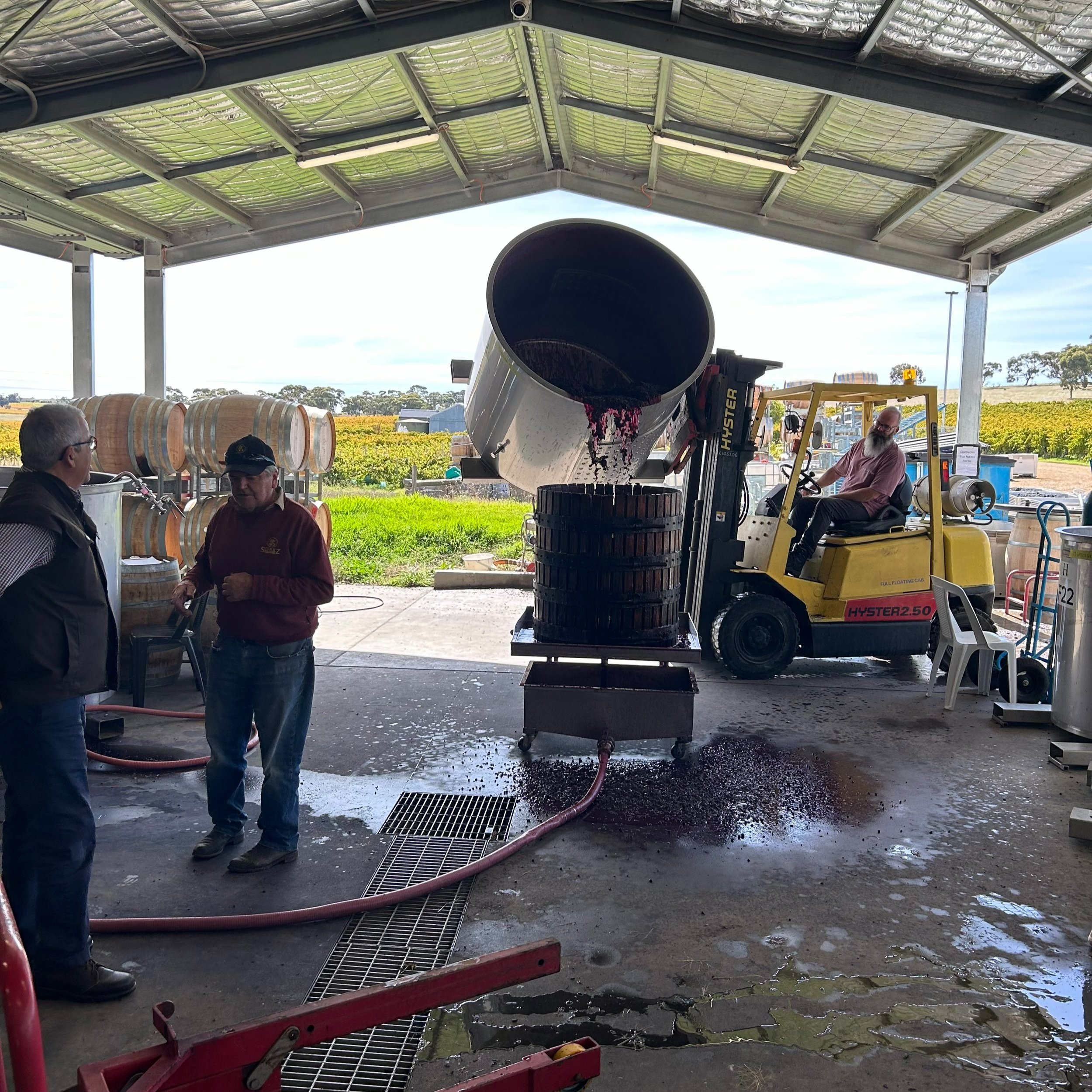



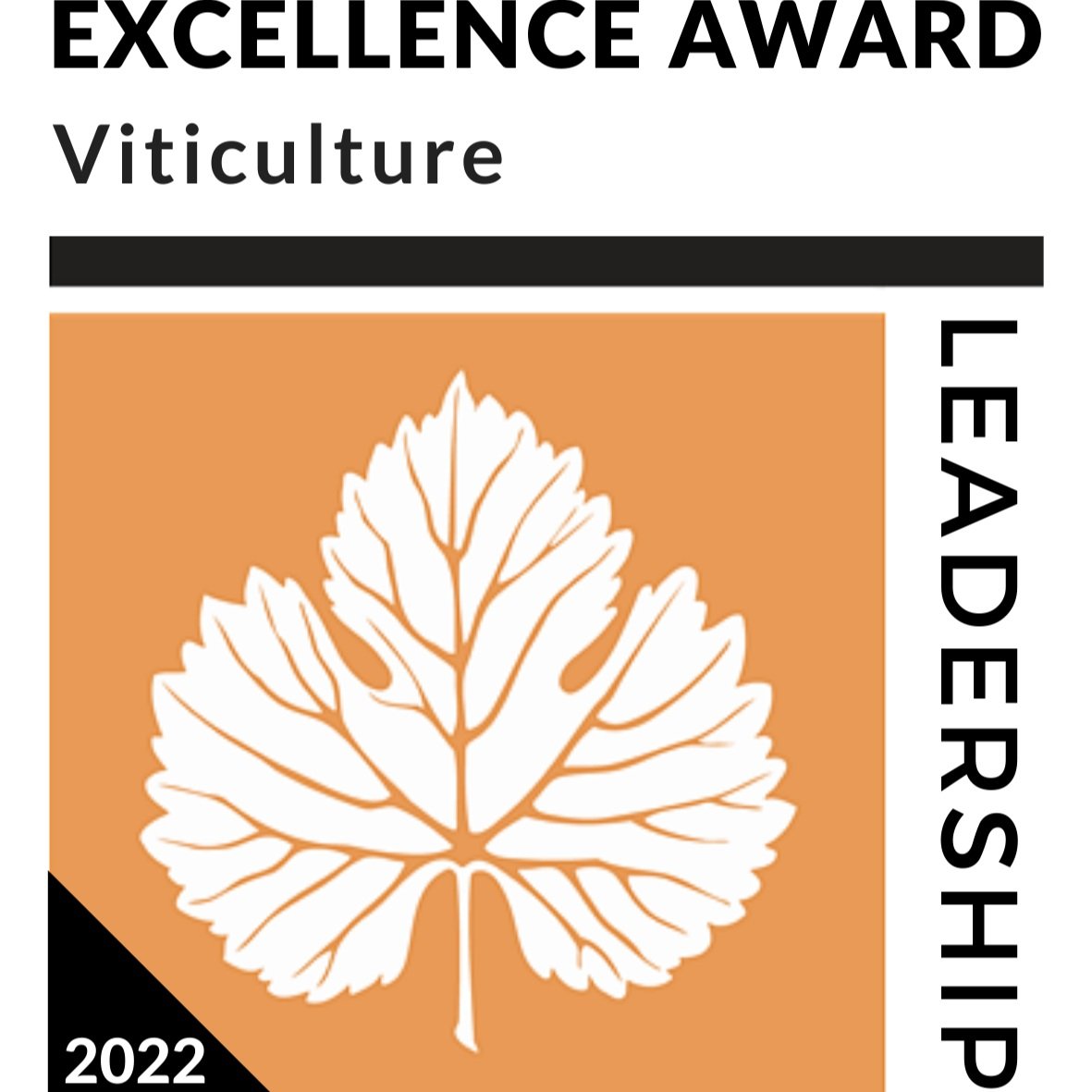





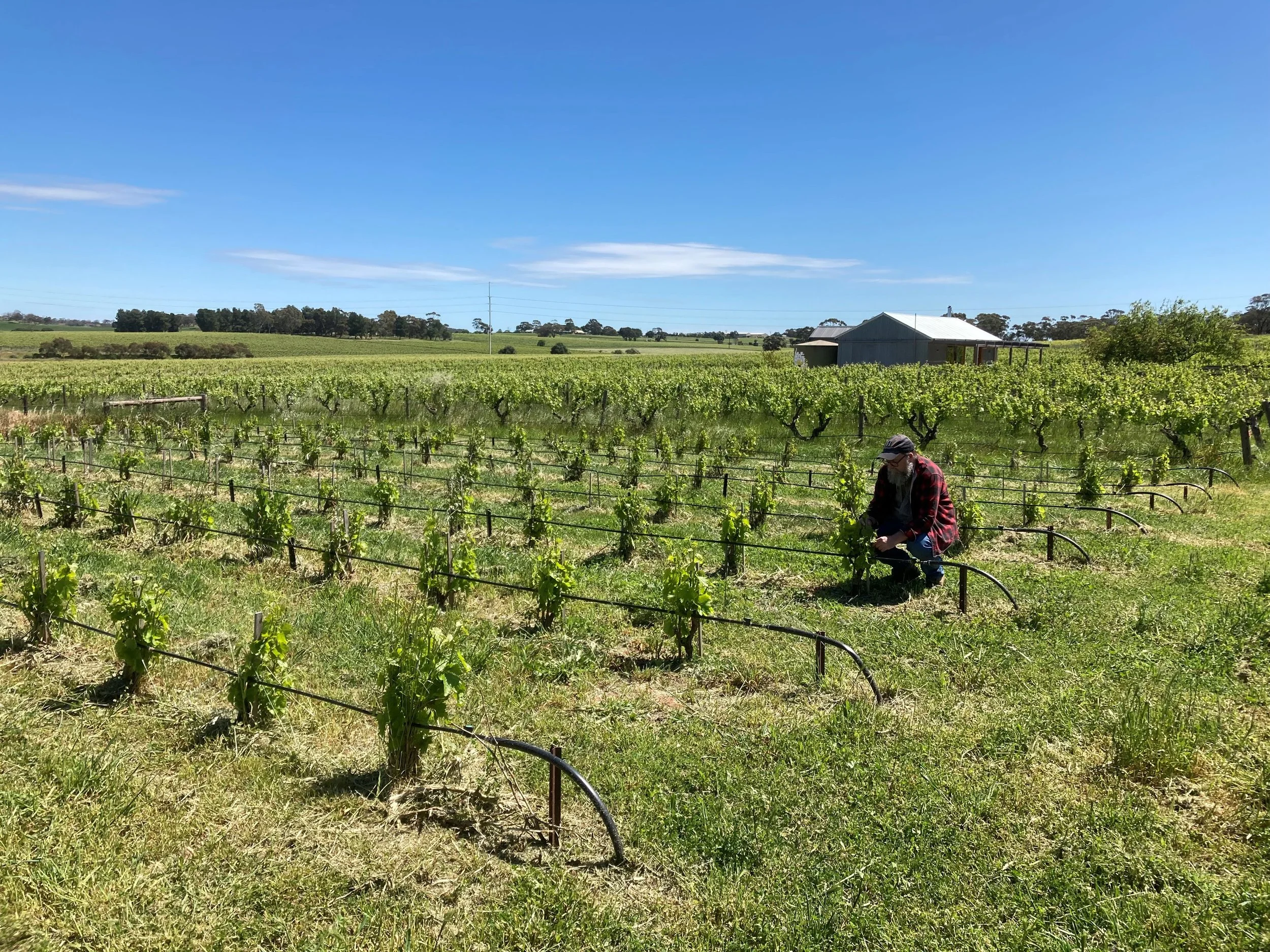


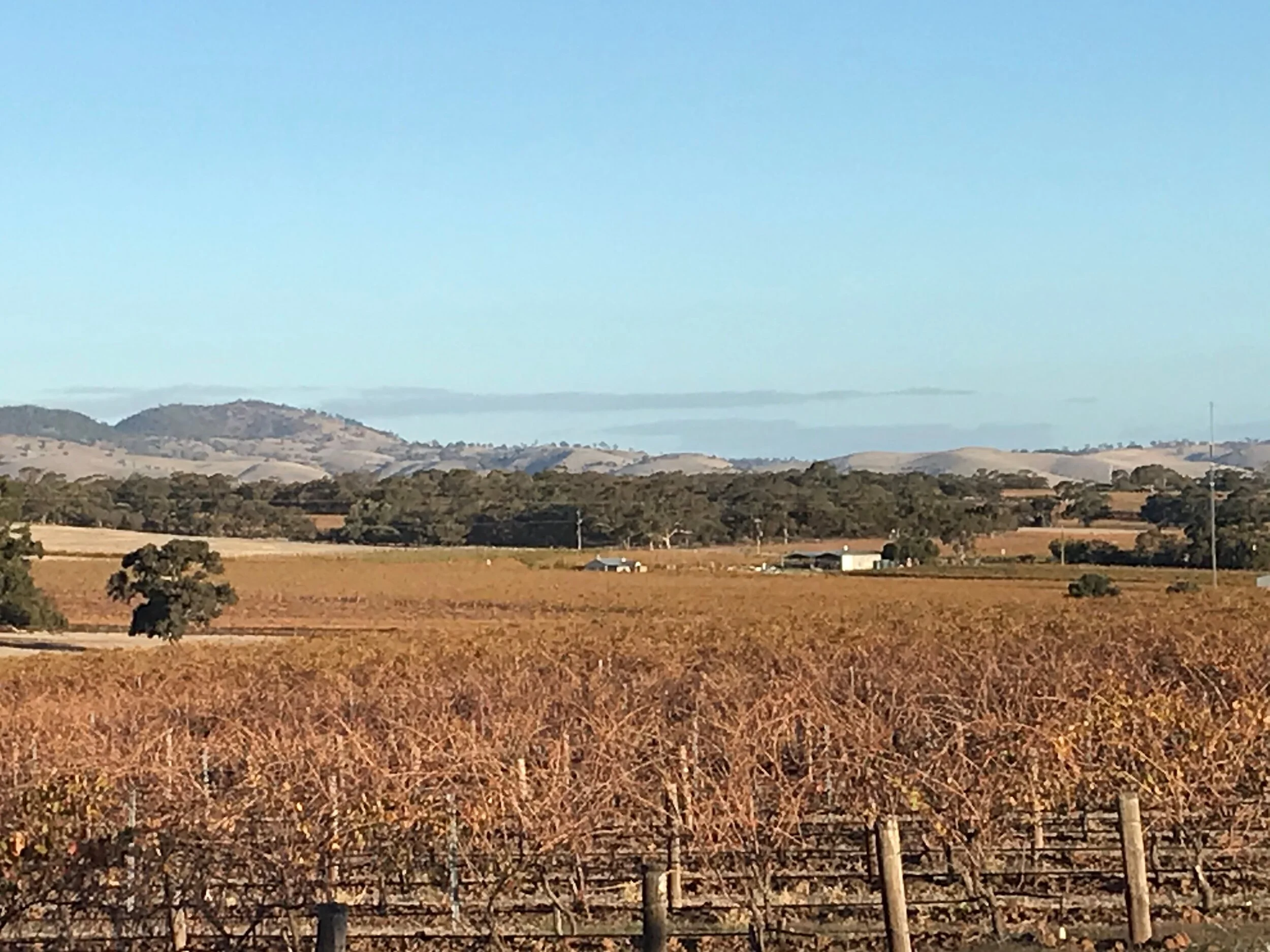
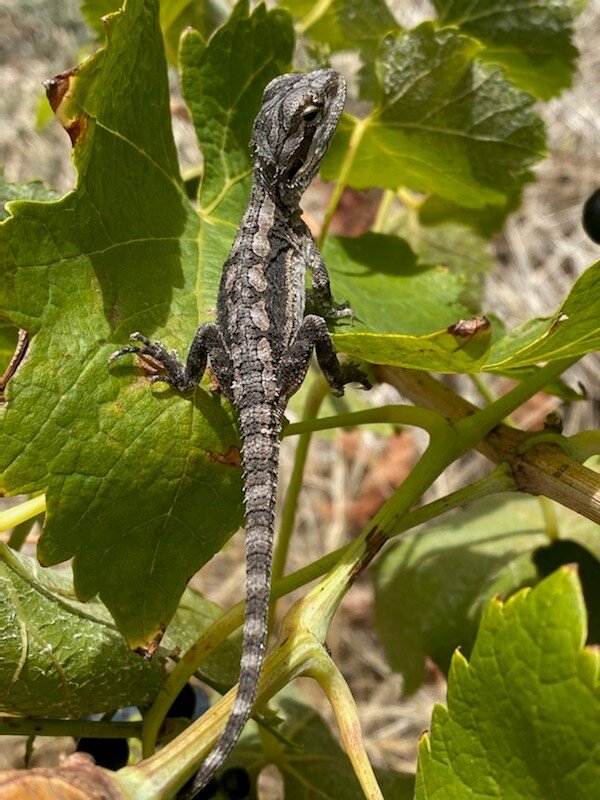
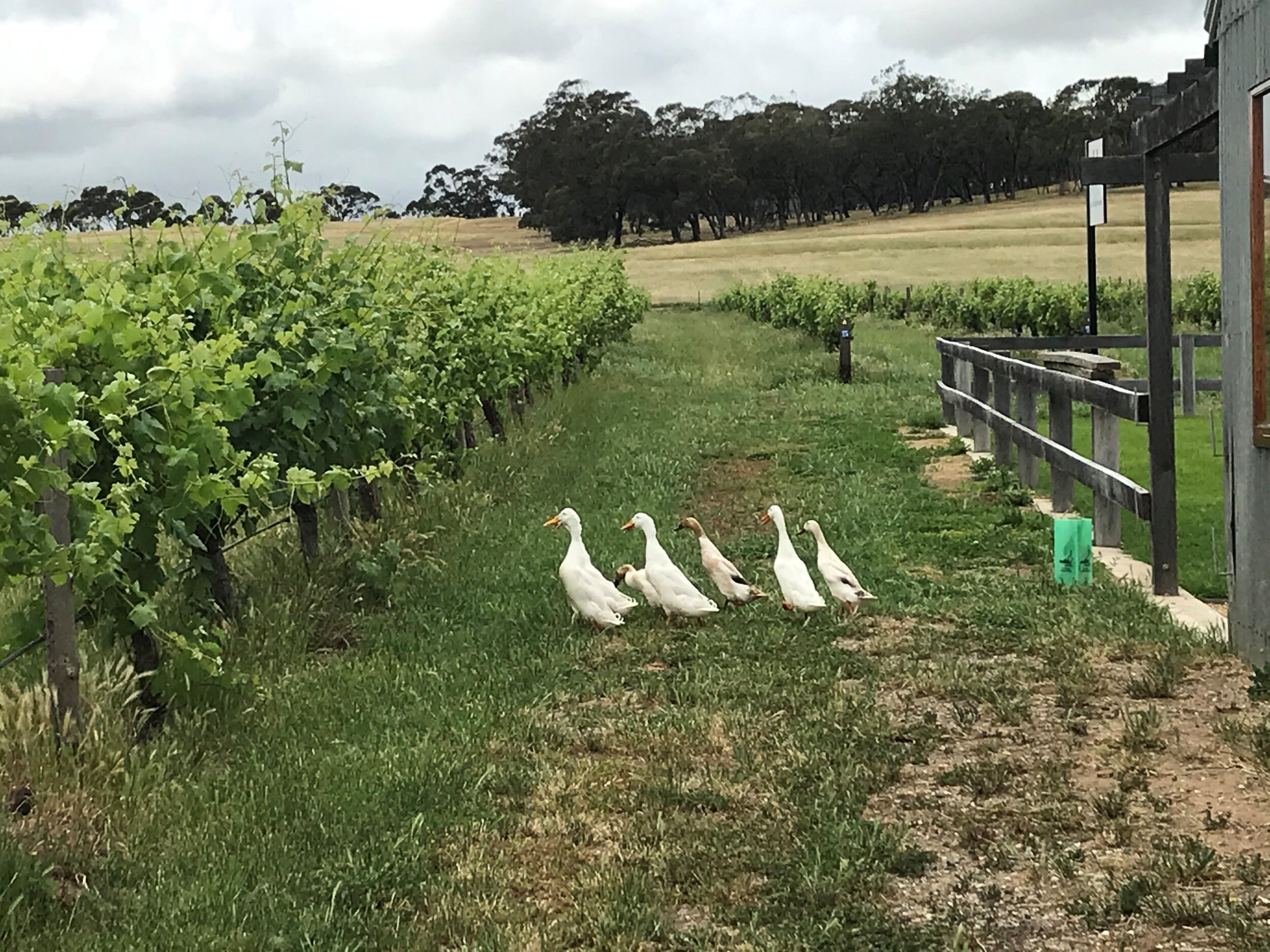
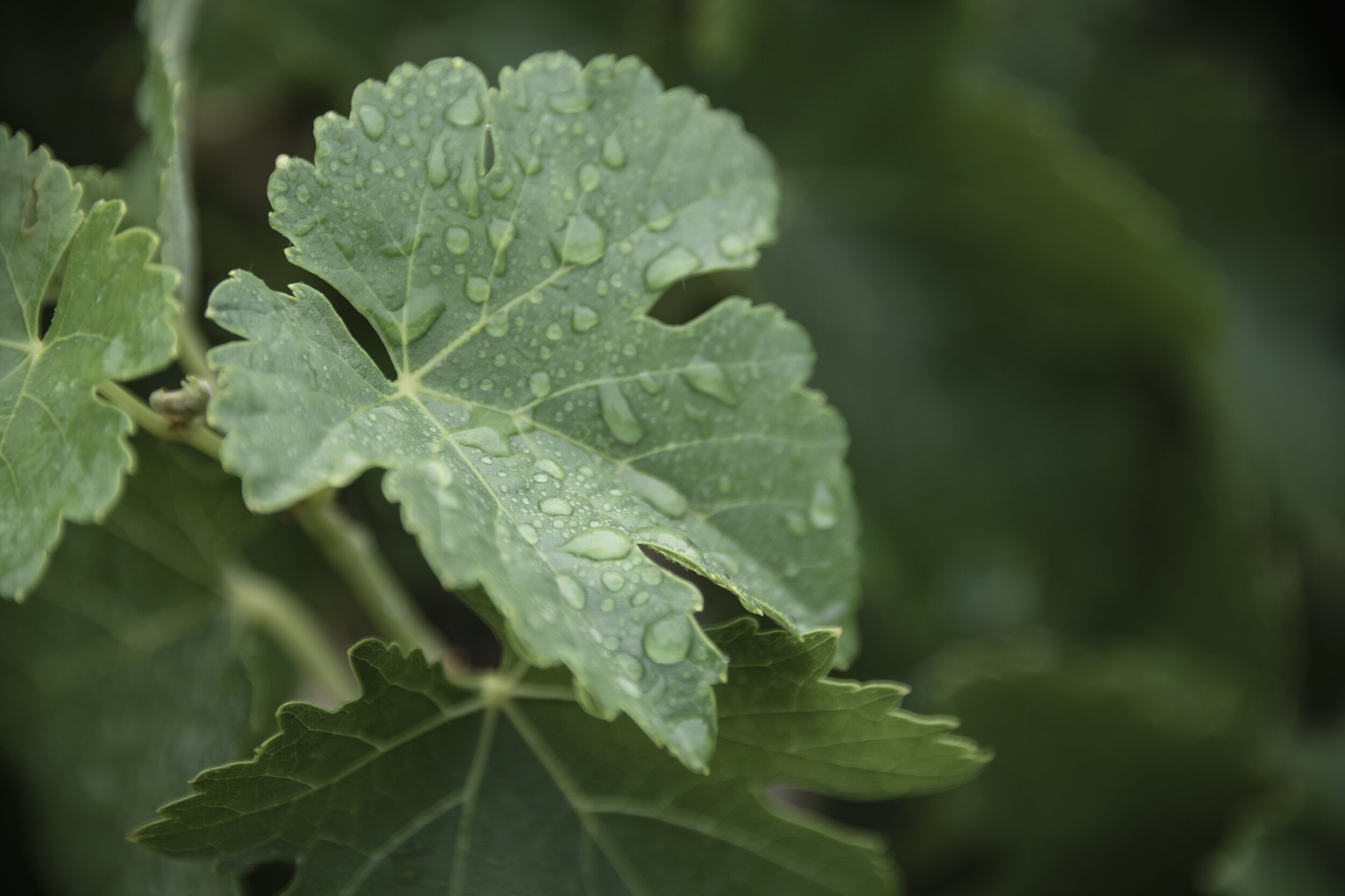
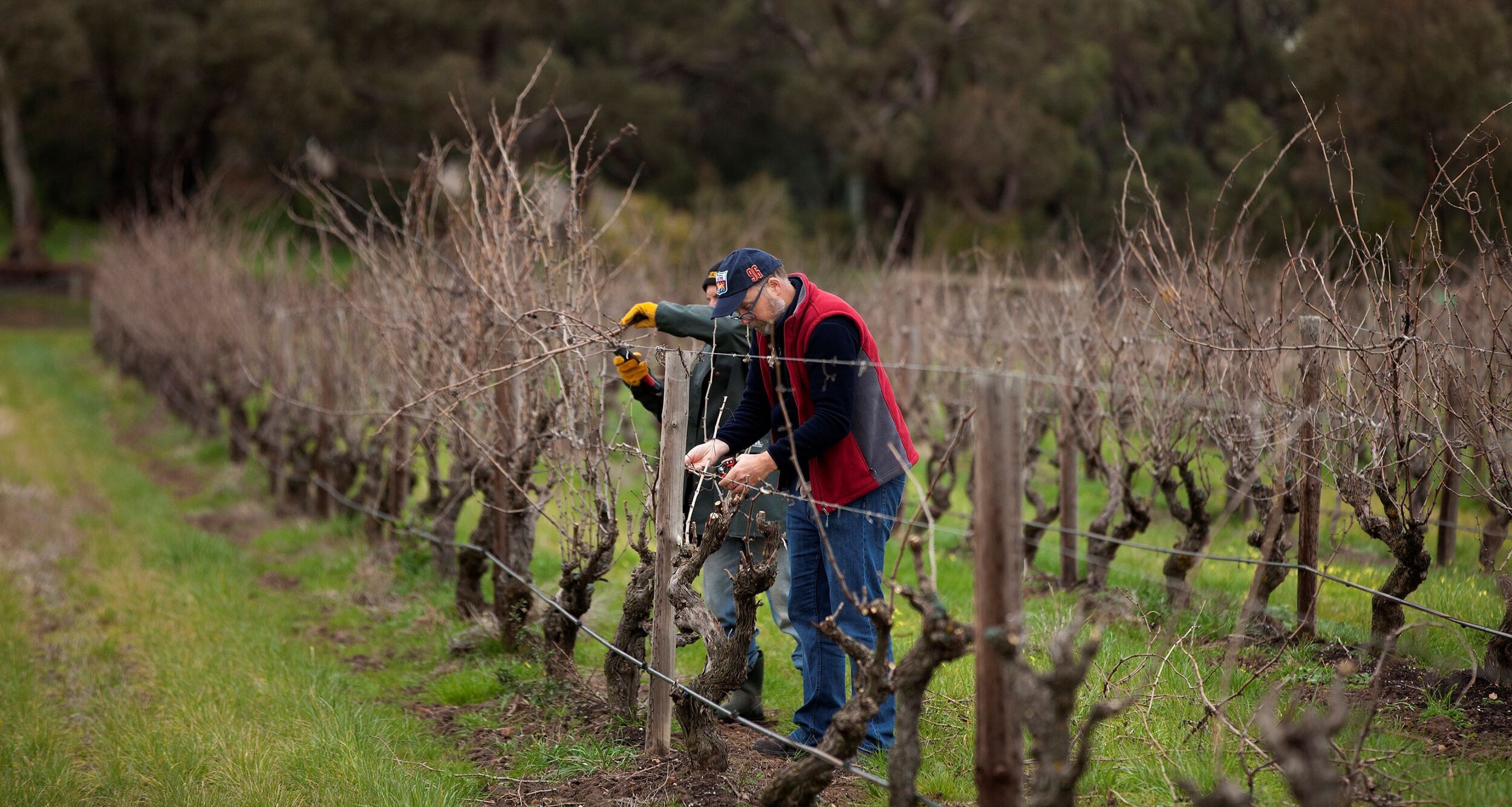
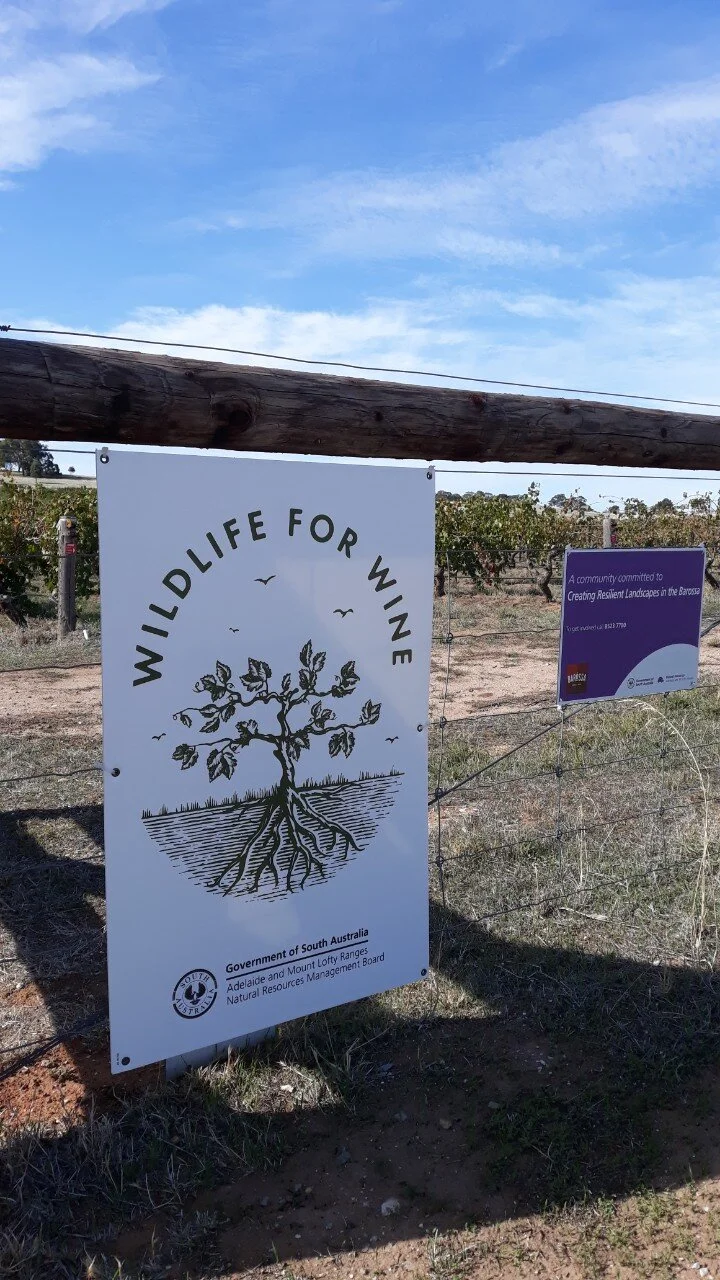
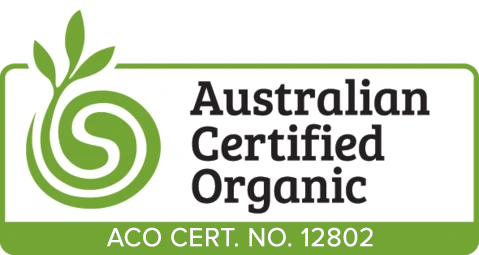
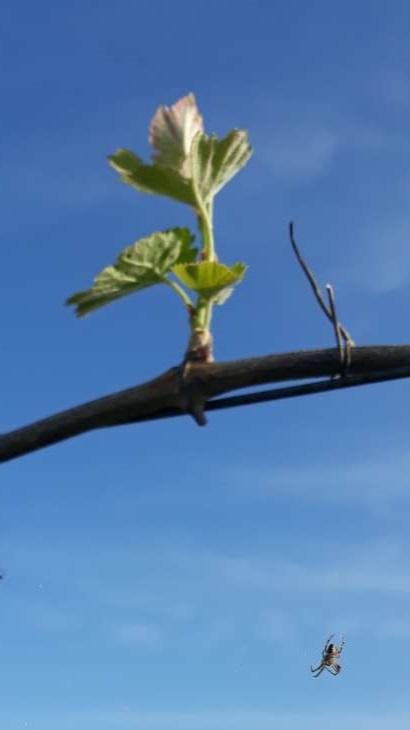
The Barossa has been warm and dry, one of the driest years in recent history. The green appearance of the vines can often disguise the lack of moisture in the soil. But on 2 January, 2025, a spark set off a reaction that ultimately burnt our Estate Block 6 and 8, and some of our Northern neighbours grazing land, but the situation could have been so much worse. Nobody was injured, the fire was quickly brought under control by the CFS and we are hopefully that less surviving vines in these block recover in the coming years. We are expecting a great vintage for those unimpacted blocks.